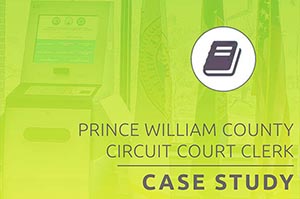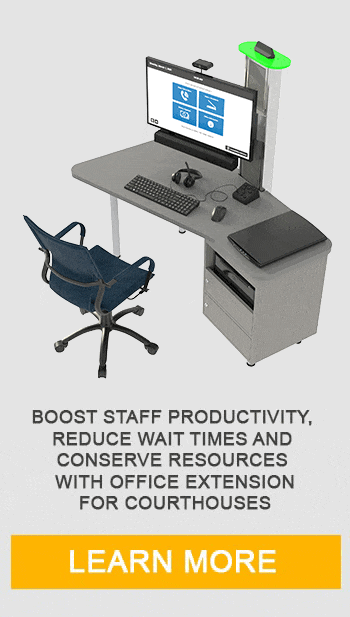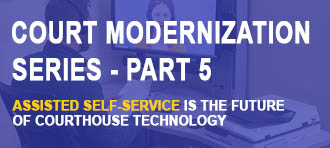Facial recognition technology has been sci-fi movie fodder for decades, from Face/Off’s famous face-swapping plot to Minority Report’s take on Digital Out of Home (DOOH) marketing, where citizens walk through the world constantly recognized. While neither of these examples have come to life just yet, facial recognition has begun to show true benefit in the real world.
It’s important to understand that there are several different levels of facial recognition technology that improve security, add convenience, and prioritize protecting your identity.
The Layers of Facial Recognition Technology
Not all facial recognition capabilities are created equal. Face detection is simply computer vision identifying what it sees as a human face rather than an inanimate object or landscape. Face characterization takes that determination a step further; the computer estimates the age, gender, or perhaps even the expression of that human face.
A self-checkout kiosk could use face characterization to verify whether a customer is old enough to purchase alcohol or tobacco. Neither of these functions links the detected face to a specific person, so there are no privacy concerns.
Facial Recognition Technology: Keeping Your Information Safe
Privacy issues with facial recognition technology begin at the next tier of functionality. Face identification is when the computer draws from a specific database of people’s faces to determine who exactly it is seeing. Like all data-centric tasks, this type of database is always particular to the domain or application and limited in scope to that particular task. Using artificial intelligence’s (AI) deep learning technique, face verification consults a facial image database to determine whether the person presenting is whom they claim to be, or performs face-based user verification.
Both of these technologies are under heavy scrutiny to ensure privacy concerns are prioritized.
The European Union’s General Data Protection Regulation (GDPR) classifies facial recognition as sensitive biometric information. The GDPR already prohibits collecting this data without the subject’s explicit consent, and the EU is planning to expand these civil protections. Facial recognition privacy laws in the U.S. have been more piecemeal, with only a few states regulating biometric data collection thus far.
Who Is Using Facial Recognition Technology, and How?
Airports, airlines and rental car companies offer facial recognition technology to speed busy travelers through their itineraries, creating a less stressful and chaotic travel experience.
Delta’s airport kiosk check-in and Hertz Fast Lane are equipped with facial recognition technology at the Hartsfield–Jackson Atlanta International Airport with plans to expand to other airports. However, not only must people give explicit consent when using the technology, often they need to buy in and pay extra for such convenience.
The Transportation Security Administration (TSA) wrapped up a pilot test in 2019 of facial recognition technology at McCarran International Airport in Las Vegas. The federal Privacy and Civil Liberties Oversight Board was on hand to observe and grapple with questions like: “Is the technology accurate enough?” “When and how can people opt out?” “How long will the biometric data be stored?” The Board is evaluating the results and is planning to make recommendations on using the technology soon.
Retail and foodservice industries are also experimenting with facial recognition to personalize customer service further. National fast-food chain CaliBurger asks customers to opt-in through its loyalty program. Self-ordering kiosks recognize you and offer to place your favorite order. You can even pay with your face!
You may be using facial recognition technology without even thinking about it. Do you use Apple’s Face ID to unlock your phone? The International Association of Privacy Professionals reports that iPhones using Face ID are 20 times more secure than those using Touch ID.
Proud To Protect Those Who Serve

Using top-of-the-line facial recognition technology and hardware from Advanced Kiosks, Trueface deployed kiosks at Eglin Air Force Base and Joint Base McGuire-Dix-Lakehurst that identify individuals cleared for access to the installations, eliminating the need for physical contact with security staff. The technology provides added security to the bases while helping reduce the spread of COVID-19.
Advanced Kiosks is proud to be part of this groundbreaking program.
To learn more about interactive self-service kiosks and schedule a call with one of our project managers, visit www.AdvancedKiosks.com or call 603-865-1000.














